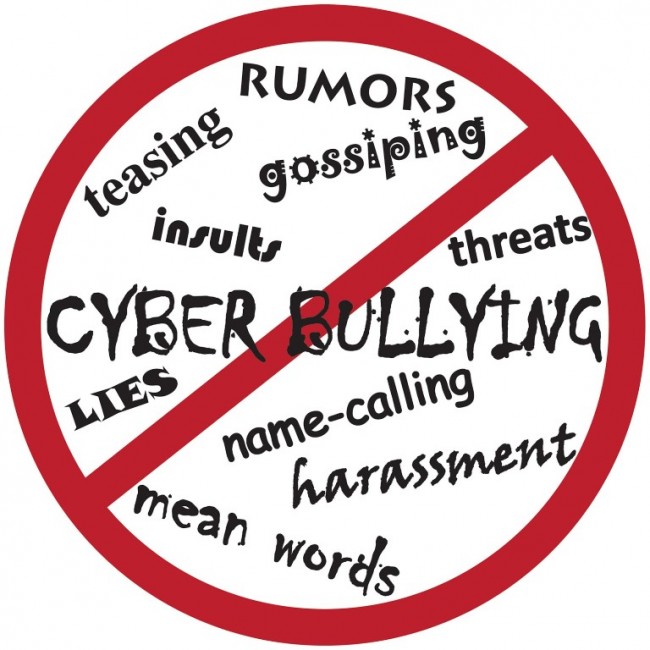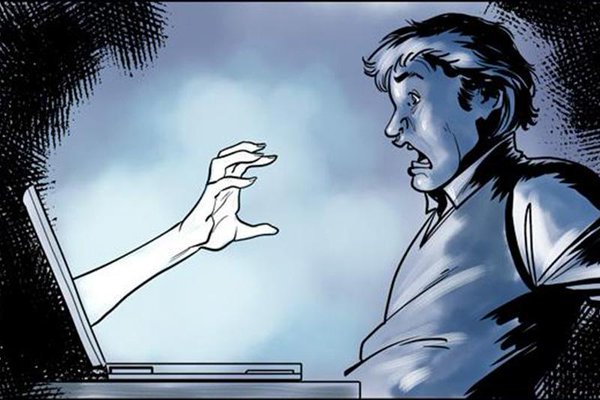Do you wish good manners were more prolific online?

Netiquette is just a fancy word for practicing etiquette on the internet. Social media developed rapidly without any real code of conduct to guide people's behavior. Cyber bullying, harassment and hate speeches flourisch online, it is reminiscent of human history at a time when barbaric tribes raped, pillaged and conquered the next-door village, often for differences in opinion. Base instinct ruled, serving the important purpose of survival and expansion. As we evolved, our needs changed, we developed manners and etiquette to control instinctual behavior. Some argue that the online world has caused regression in our social conduct.
The medium of writing has the benefit of edits, unfortunatly the immediate nature of the internet compels response without pause or self-restraint. Along with a perceived sense of anonymity, this is driving irresponsible online behaviour. Interacting with others online can sometimes feel like stepping onto a minefield. Snarky, judgemental comments abound. Trolls stand around every corner, waiting for your next mishap or misspelling.
The problem isn’t only with trolls and extremists, though. Many of us are quick to judge (and comment) and it might just be necessary for all of us to take a step back and figure out how to be better online people. For the sake of online humanity - Here are 5 ways to be a more compassionate and empathetic human being online by practicing a little netiquette.
1. Remember that everyone online is a real-life person
It’s easy to forget, but everyone we communicate with online is a real person. They have feelings, thoughts, ambitions. They might be having a really bad day. Their thoughts might not be rational, but you’re in no way obliged to interact with them (especially when they’re unreasonable.) Let it go.
2. Double Check Your Facts
Enough with the fake celeb death stories or too-good-to-be-true giveaways (Bill Gates won’t ever give you any money for clicking ‘share’ on a post). A quick Google search will make you more informed (and less likely to be targeted by unfriendly people not reading this post).
3. Be Nice
Before posting anything you may consider asking yourself:
Is this something you would say to someone standing right in front of you or to your parents? No? Amend it. Or just let it go.
Writing in all capitals is equivilant to SHOUTING - DON'T DO IT!
4. Give Constructive Criticism and be Helpful
If you really, really, really need to criticise someone, focus on giving constructive criticism. Don’t make it personal.
5. Stop Complaining All the Time
Life sucks sometimes. Businesses make mistakes. People around you make mistakes. Blasting every local corner store for not giving you the organic smoothie you wanted gets tedious after a while. Accept that some of these issues can be resolved without involving your whole social media following.













